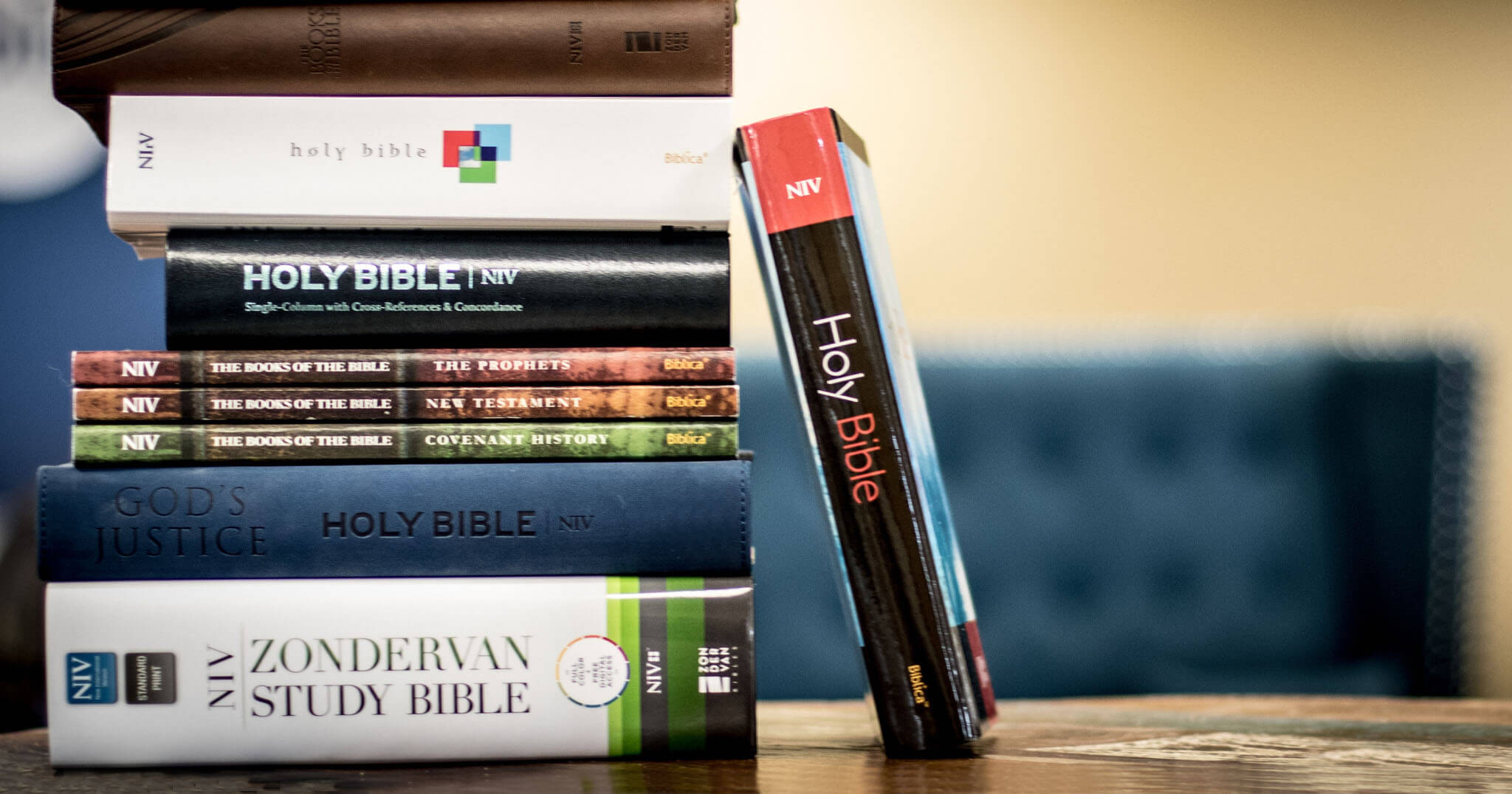Are we supposed to keep “the law” today?
When “the law” is mentioned in the Bible, it harks back to the days of the Old Testament. There are hundreds of commands given to the Israelites, but the phrase “the law” refers specifically to the compilation of decrees found in the first five books of the Bible. This whole body of law was given the name Torah.
Obedience to this law was the awesome obligation of God’s people as they attempted to merit His favor and blessing. After all, Israel was His special people, and they were bound together in a solemn covenant with Him. So the laws are not just some rules laid down by the tribal chief, but they were the laws of the covenant community. When the law was transgressed, the covenant was broken, and so was the relationship with God! That’s why the law occupied such a huge place in the life of Israel.
In order to restore the broken relationship, sacrifices were required and penalties were prescribed. Yet all these sacrifices were really inadequate. They tried to lay the culprit’s guilt on a sheep or goat which was then killed – as though that scapegoat could really take away the guilt. True, God prescribed all this, but could such pitiful attempts at making amends ever really be adequate? In the Bible God is portrayed as so holy and just, that sin cannot be brushed aside. Actually the Bible presents sin as so horrendous that it merits death. This is the basic human predicament.
That is why the Old Testament looks forward! Isaiah 53 is among the literary treasures of humanity, and its message of the suffering servant of God is incredibly touching. In the Servant’s suffering and death, Almighty God will at last find His sacrifice to be full, complete, and totally sufficient. On His back will be laid the sin and guilt of the transgressors and He will pour out His life in the one and only sacrifice that finally finishes it all. At last the penalty of “the law” is paid. That Suffering Servant of Isaiah is the Messiah, Jesus Christ, God’s Son.
In the New Testament, “the law” refers back to that old situation when people looked at obedience to the commandments as the way of acceptance with God. The apostle Paul often contrasts this with the forgiven state believers now enjoy because of God’s grace. Paul loves to make that contrast between the impossible situation of trying to merit forgiveness, and the new situation of forgiveness by sheer mercy because of Christ’s sacrifice.
It might seem that the apostle Paul is disparaging the law when he contrasts it with the good news of the Gospel. But he is quick to deny this! We would not even know the difference between good and evil, he says, without the law telling us what to do and what not to do. But above all, Paul wants to make clear the God’s love fulfills the law. The law tells us the kind of life that our love for God and our neighbor would require.
So there’s no way we should want to continue to sin and flaunt the law, just so we can be the recipients of more grace! So are we still supposed to keep “the law” today? Obviously all those laws about sacrifices are finished in the one and complete sacrifice of Christ. All the dozens of laws about the land, foods, and rituals of Israel don’t pertain to us either. Nor can the keeping of any set of laws give us eternal life.
But we don’t just toss out God’s commands and become a lawless gang. In fact, we have a great motive for obedience to God. That motive stems from the fact that every believer is a new person in Christ. Therefore he or she loves God and his/her neighbor. The timeless law of God is written in our hearts now and obedience is our joyful adventure. Disobedience to God is our rotten failure. This style of conduct, this law of our new life, we still find in the pages of the Bible.
The New Testament book of Hebrews is a gold mine of comparison of the old life under “the law” and the new life we live by God’s forgiving grace. Here are some verses from just one chapter (10: 11-12, 16-18): “Under the old covenant, the priest stands before the altar day after day, offering sacrifices that can never take away sins. But our High Priest offered himself to God as one sacrifice for sins, good for all time. ‘This is the new covenant I will make with my people on that day, says the Lord. I will put my laws in their hearts so they will understand them, and I will write them on their minds so they will obey them.’ Then he adds, ‘ I will never again remember their sins and lawless deeds.'” (New Living Translation)
As God’s new creation we actually want to obey His law – not because it gets us anything, but because of our love for Him. We still say with the Psalmist in his ageless words, “I desire to do your will, O my God; your law is within my heart.” (Psalm 40:8)





